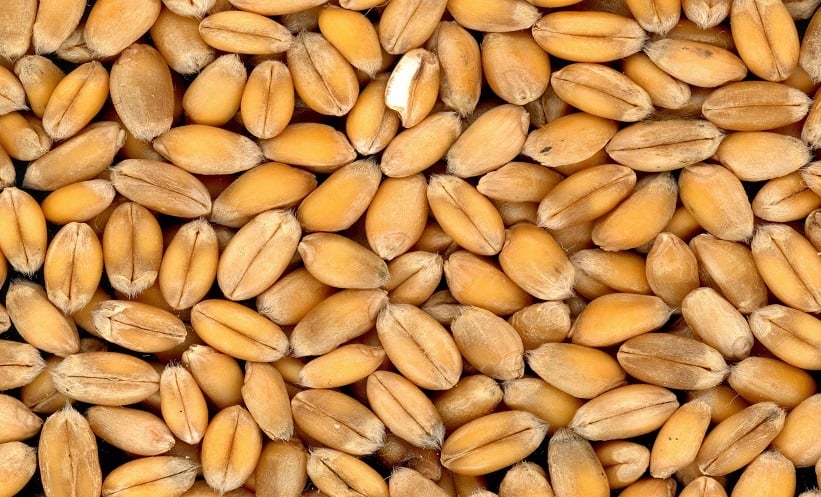RISK of premature coronary artery disease (CAD) is greater in those who consume higher quantities of refined grains, compared with those who consume higher quantities of whole grains, according to new research presented at the American College of Cardiology (ACC) Middle East 2022 Together with the 13th Emirates Cardiac Society (ECS) Congress in Dubai, United Arab Emirates, 7th–9th October 2022.
Mohammad Amin Khajavi Gaskarei, Isfahan Cardiovascular Research Center and Cardiovascular Research Institute, Isfahan University, Iran, and colleagues reviewed data from patients with premature CAD to assess whether there was an association between grain consumption and premature CAD risk. Candidates were identified from several hospitals across Iran and had all undergone coronary angiography. Females included in the study were ≤70 years of age and males were ≤60 years of age, in accordance with sex-specific age definitions for premature CAD.
A total of 1,369 patients with CAD of ≥75% occlusion in a single coronary artery or ≥50% occlusion in the left main coronary artery were enrolled plus an additional control group of 1,168 patients with normal coronary arteries.
Researchers asked the candidates in the case and control groups to complete dietary assessment and food frequency questionnaires to determine whether there was an association between dietary grain consumption and risk of premature CAD. After adjusting for confounding variables, the team found that higher levels of refined grain consumption were associated with an increased risk of premature CAD and conversely, higher levels of whole grain consumption conferred a lower risk of premature CAD.
Gaskarei commented that consumption of refined grains over whole grains could be attributed to multiple factors including socioeconomic status, culture, education, and age. The study findings add to literature highlighting the impact of diet on cardiovascular health and provides a potential additional strategy to reduce CAD risk alongside currently recommended management strategies.
Gaskarei concluded that because refined grain consumption is increasing globally, there is a need to “encourage and educate people on the benefits of whole grain consumption” and suggested this could be achieved through improved public education, continued research and publications, and informed patient-clinician discussions.








